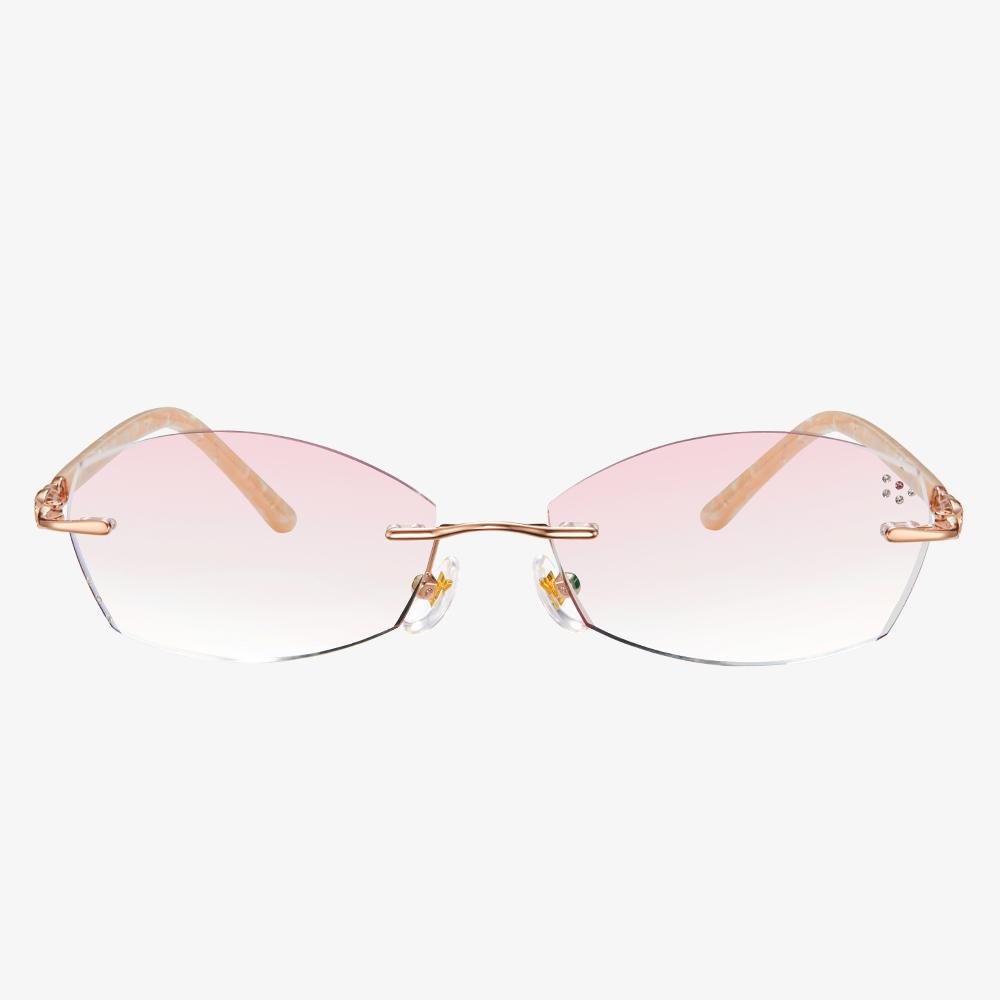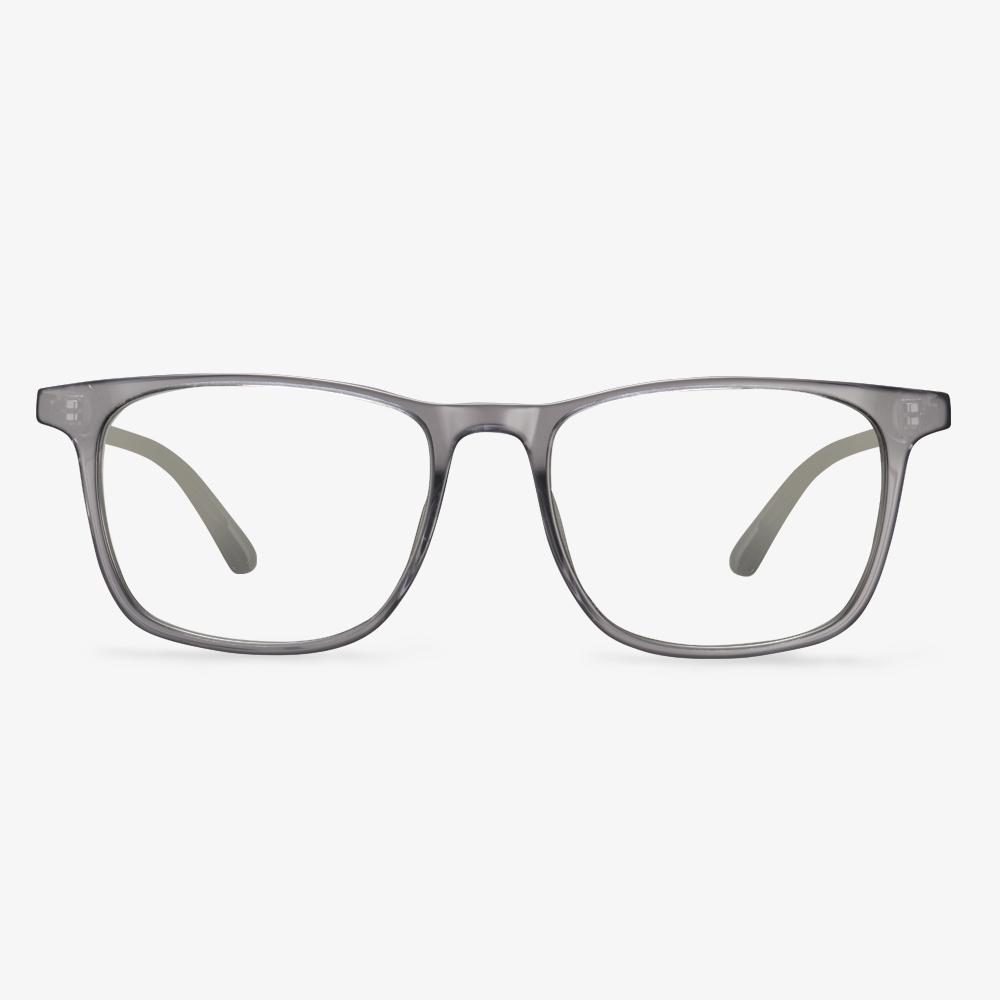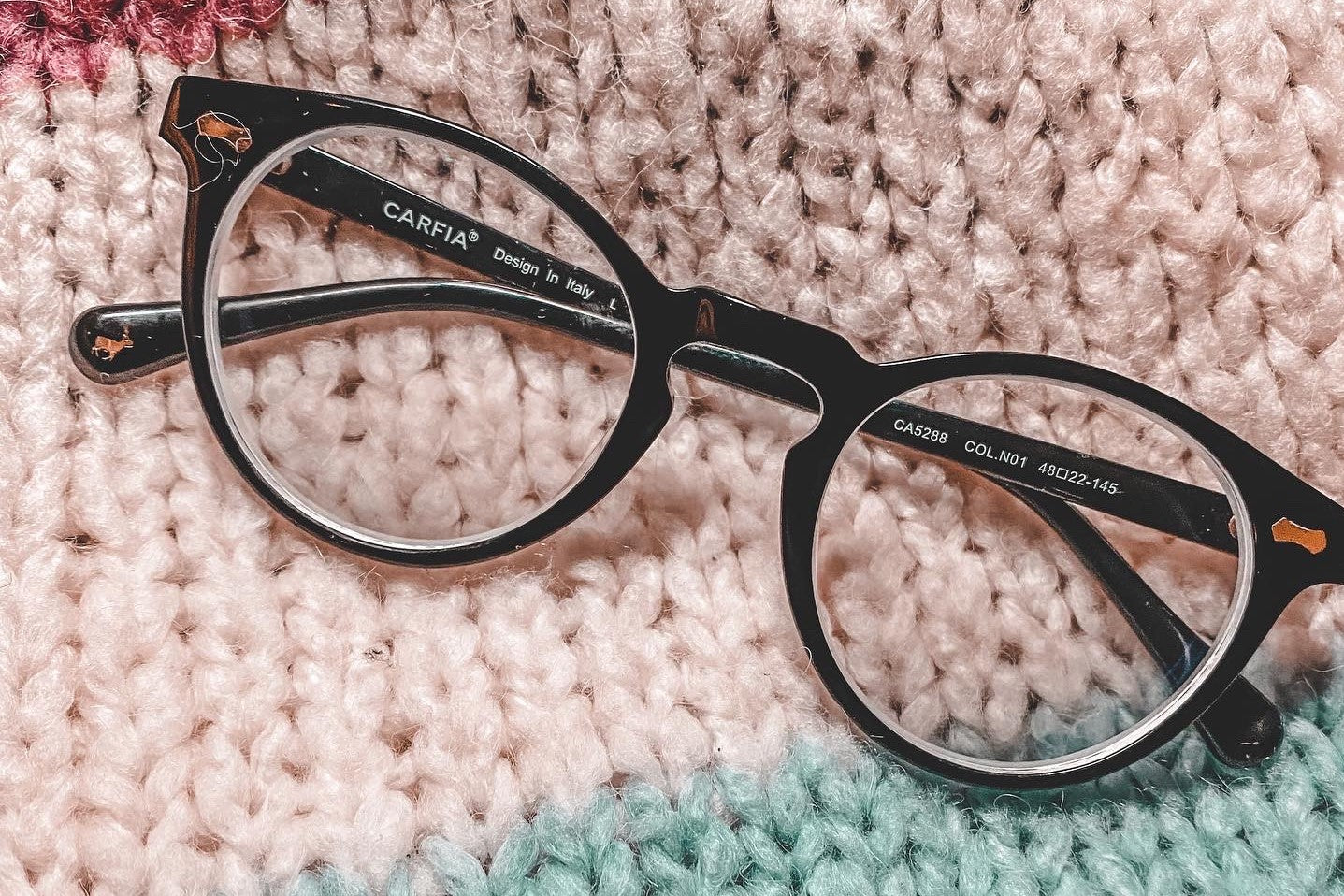Who need progressive lenses?
There is no limit to the degree of progressive multifocal lenses. Whether it is nearsightedness, presbyopia or moderate astigmatism, it can be worn, but not everyone can wear it. There are two types of progressive multifocal lenses on the market, one is hard and the other is soft. The main difference between the two designs is the length of the progressive channel. The rigidly designed progressive film has a short progressive path and relatively less peripheral aberrations. In order to ensure vision at various distances, fewer vertical dimensions are required. For example, a teenage progressive film belongs to this design, but because of its short gradual path, the gradation process is too short. Fast. Compared with the elderly, this design is more difficult to adapt; the soft design of the progressive film has a relatively long gradation channel and relatively large peripheral aberrations, but due to its long gradation channel, the gradation process is relatively smooth, which makes it easy to wear glasses It is suitable for people with poor adaptability.
If you are a person who is able and willing to accept new things, understand and adapt to the temporary discomfort caused by progressive addition lenses, we suggest that he can wear a pair, if he has severe hypertension, dizziness and other symptoms, or People who have misunderstandings about progressive lenses and are unwilling to adapt should not try them. Because you first wear progressive multifocal glasses, you may experience: slight dizziness, shaking when walking, and being careful when moving up the stairs.
The perception of space has changed, the perception of the distance of the object, and the perception of depth have changed. New wearers should not drive immediately and do strenuous exercise. When you look close, you need to turn your eyes down, and your eyes are mildly uncomfortable. Seeing an object through the blurred vision area around the lens makes the object blurred. Therefore, when new wearers look at things, turn their heads more, turn their eyes less, try to use the far-use zone, the near-use zone, and the middle-distance zone to see objects.
How to Choose Glasses for Square Face?
What glasses suit my face or what glasses suit my square face? If you have the same questions, you come to the right place. This post will show you some advice.
In fact, there is a wide range of eyeglasses available for square faces. Round and oval glasses are the best choice for people with square faces. These frames will soften and balance your strong jawline and add contrast to your face shape.
Now, we will show you some suggestions for the glasses for square faces.
Round glasses: round glasses are a sophisticated, polished look that works well with a square face shape. No matter what color you choose, this style works beautifully with a square face shape.
Browline glasses: as for glasses for square face, you can choose the browline glasses. These glasses are thicker at the top, mimicking the way the eyebrows frame the face. Their unique design is one of the best glasses for square faces.
How to Tell If Your Progressive Lenses Are Correct?
When you can’t read with your progressive glasses, you can try this way. Hold something you want to read in your hands and lower your look with your eyes. But please note do not move your chin down as you look down. Then look down at something to read but do not lower your chin. Look at something you want to read. Rotate your head to the left and right and right with one eye at a time. If you can read in a rotated position, the reading zone is out of place. If you can’t read at all, the progressive glasses may be wrong.
Single Vision Lens
Single vision is the most commonly used prescription lens. This lens type has a single field of view or a prescription ability of the entire lens and can be used to correct myopia (nearsightedness) or hyperopia (supervision). Some people need glasses to keep their distance and read. Instead of having a pair of single-vision glasses for each pair of glasses, bifocal or progressive glasses may be a more convenient choice. Unlike single vision, bifocal and progressive lenses are multifocal lenses with multiple focal points, such as distance and near distance. People whose prescription for spectacles list the numbers in the 'ADD' section require bifocals, progressive glasses, or reading glasses because your glasses need to add ADDitional to the distance prescription to see close distances.
The weight difference between pure titanium frames and titanium frames
Titanium frames are slightly heavier than pure titanium frames, but they are both high-quality materials, so they are more comfortable on the outside. The specific gravity of pure titanium is generally 4.5, while titanium alloy is 8.9, which means the material is equivalent to half of the titanium alloy. So the frames are lighter in your hand.
About the Eyeglasses Depot
EyeglassesDepot.com was founded in 2007 as a new division of our retail designer glasses and sunglasses business. Two laboratory technicians have over 17 years of profession in the field of optometry, eyewear repair, and eyewear sales. The target is to repair more and more glasses and bring them back to life. They include sunglasses and glasses repairing to restore their natural beauty.
What should drivers notice when wearing polarized glasses?
Many drivers like to wear polarized lenses. Indeed, the polarized lens can reduce strong light, eliminate glare, so that the line of sight is natural and soft, but the polarized lens is more suitable for fishing, skiing, and other large areas of the reflective environment. Drivers sometimes have to face the tunnel and another dark scene, the polarized lens is easy to make people suddenly feel dark at the moment. In addition, polarized lenses can make LCD screens and LED traffic lights dim. Therefore, when choosing polarizers, it is best to choose good quality optics, and when going through the tunnel, it is best to take off your glasses ahead of time and blink a lot. Before wearing the driver polarizing lens, try it on and observe whether the polarizing film of the lens is smooth. If the polarizing film is uneven, there will be inflow in the imaging, which may lead to visual fatigue and migraine.











































